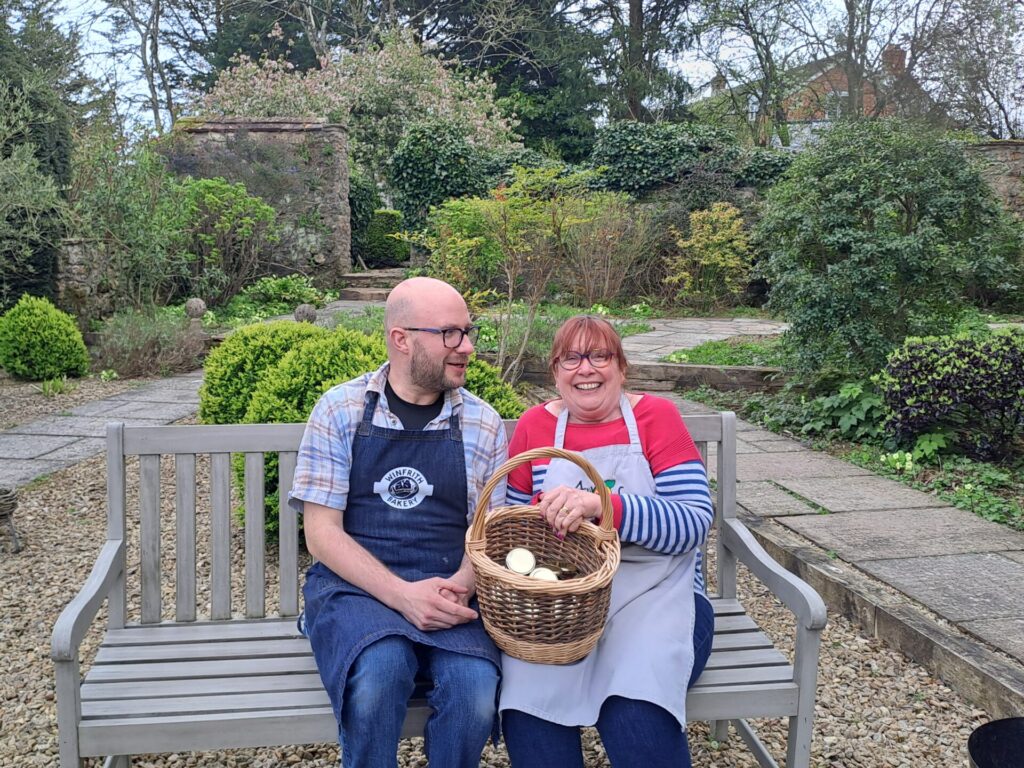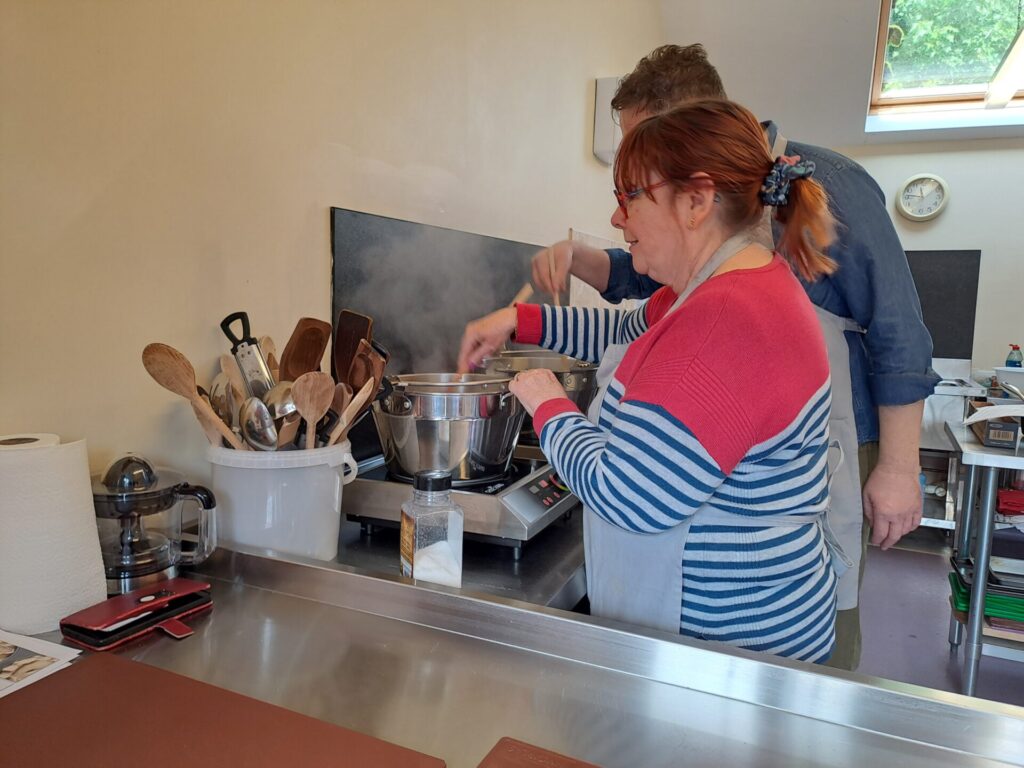This month, Sally Cooper shares Rodney’s recent medical saga, with a stunningly swift, unexpected diagnosis and treatment
This month I was contemplating what to write about – the endlessly long muddy, mild, wet, winter (or the arrival of spring… and midges)? The no-accident Grand National? The London Cavalry horses loose in the city? In the end, I must write about my lovely grey donkey.
Rodney (aged three) is my rescue foal and I adore him. Having recently lost his mate Henry to leukaemia, we found the lovely ‘fluffy Pebbles’ as his new friend. They are a happy duo – they eat, sleep and play fight with jolly smiles on their faces and very loud brays when I so much as sneeze in the house or move a muscle in the garden.
Last week I felt Rodney seemed a little preoccupied, and thought I saw a small swelling on his male member. I decided it must be my imagination… but two days later there were several lumps. Another day and we were in a bloody mess.
The vet was called, and she was alarmed at both the rapid growth and size of the tumours. “To the surgeon. Stat.” was the suggested course of action.
Sad Henry déjà vu set in, but two days later we were off to the equine hospital in Salisbury. Thankfully both Rodney and Mr Pebbles loaded swiftly onto the lorry – an unexpected good start. The Shetland who mothers the donks was placed with Big Alf the cob for the day, and off we set.
Nope.
Arrival at the hospital gave us our first ‘NOPE. Not doing that.’ Donkeys tend to shut down and internalise their fear – a donkey’s typical reaction to not wanting to do something is to plant his feet and refuse to move. And there was no way our pair were going into that five star bedroom with its blatantly horrific offering of deep shavings, fresh water and nice view from the sunny window. The super-Hibiscrubbed clean hospital was, in fact, lip-curlingly yucky, smelly and NO.
Thank you.
Twenty minutes and five humans later they were finally in their luxury stable.
The operation went well. Said male member was lasered, and then oil-suspended chemotherapy was injected to hit any other bad cells. We had a sad grumpy Rodney on the way home, while the irrepressibly bouncy Pebbles wondered what an earth the day trip had been for.
Five days later and we had the biopsy results – Rodney has malevolent sarcoid cancer*.
It will reappear at some point.
So we will live life for the moment, and enjoy every minute we have with him.
Return to full throttle
Like most families we’ve been assessing the candidates for the local elections, and have been talking about our public sector services. The donkeys led to some interesting conversations about the state of the human NHS versus the private (super swift) animal service. The sad conclusion that we all reached is that you are better off being an animal – with a great vet and a speedy, informative equine hospital – if you want to go from ‘something might be wrong’ to surgery and your results inside eight days.
On a more serious note, the men in the house all agreed that it had genuinely made them aware of the need to check ourselves regularly for lumps.
Rodney and Pebbles are back to their jolly selves, with the happy rotation of eating and sleeping and boxing each other around the ears. Rodney had a few days with no voice but is now back to full throttle – and I am back to stealthily creeping out of bed in the morning. Long may their happy days continue.
Carpe diem everyone.
- Sarcoids are the most common skin tumour in horses and donkeys – although they look initially like warts, they are a form of skin cancer.
















